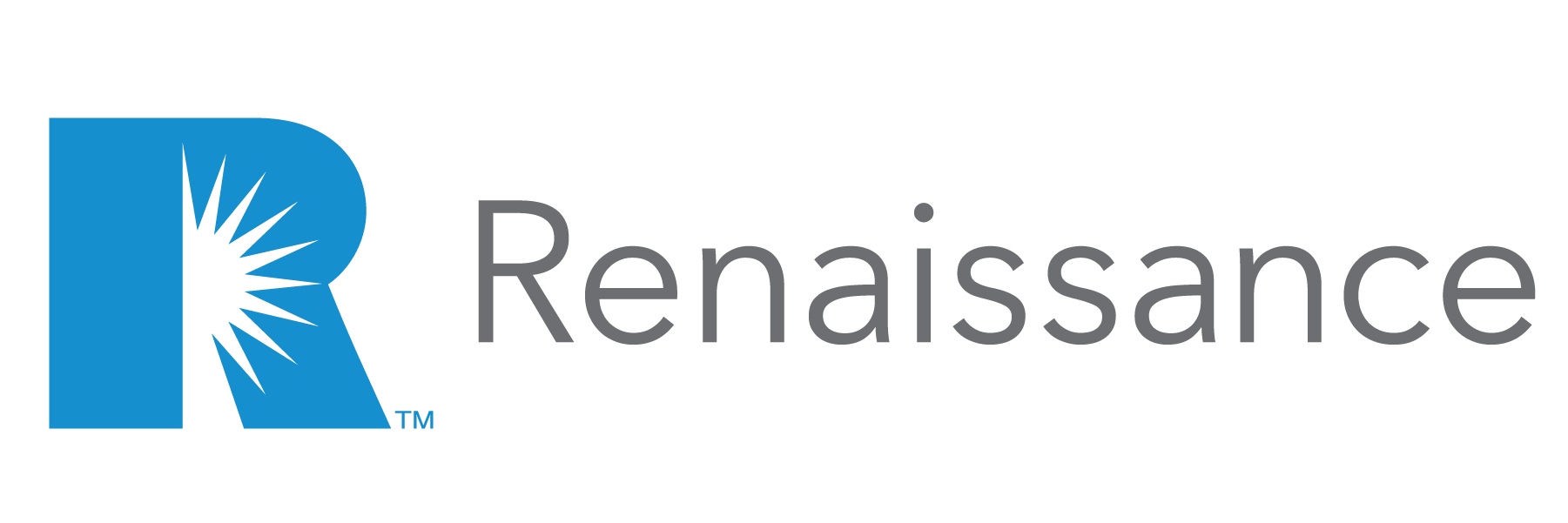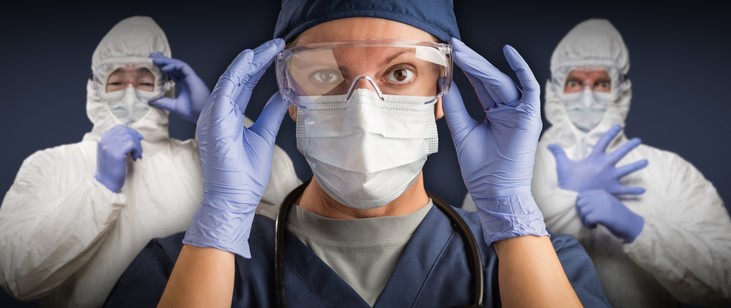There are many insurance implications for the Coronavirus (COVID19), but when it comes to workers compensation, one thing is clear: unless long-standing criteria are changed, the workers comp safety net will have limited impact on American workers.
Here are a few scenarios:
You work in an office setting and test positive for the virus: do you have a work-related illness? Probably not, though it depends on what goes on in the office. You would have to prove that the exposure while in the office setting was significantly greater than the exposure outside of work. Workers with moderate symptoms might be able to work at home, collect sick leave, or be eligible for unemployment insurance, but they are unlikely to access workers comp.
You work in a grocery store or in deliveries, so you are in contact with the general public and working under highly stressful circumstances; a co-worker tests positive for the virus and you are ordered into quarantine. Do you have a work-related illness that qualifies for workers comp? Not under existing standards. Quarantine is not the same thing as being disabled from work. From a comp perspective, you are not disabled, even if you are barred from the workplace. However, given the unique and essential nature of grocery stores and deliveries, states may choose to adjust the criteria during the pandemic.
Ground Zero
Let’s bring the issue to where the action is: a hospital setting. The one sure path to workers comp coverage involves front-line employees who fall ill while responding to and treating victims. It is hardly a consolation to qualify under these increasingly horrific circumstances, as continuous exposure to the virus has proven to be life threatening.
NOTE: Washington state, currently an epicenter in the crisis, is planning to expand comp coverage to all medical staff quarantined by the virus. Because it is one of four monopolistic states, Washington has unique flexibility in redefining what is compensable under comp. In most other states, compensability is bound by long-standing rules and regulations and would require legislative action to make significant changes.
Working without a Safety Net
The American workforce is confronted with an unprecedented set of circumstances. Our lives and our jobs are at risk, due to a wide-ranging, highly contagious virus. For over 100 years workers comp has protected employees in the workplace, but most of us will have to look elsewhere for a safety net. In the meantime, as our workplaces shut down and we settle into isolation, we may have a little more time for reading. For those interested in a detailed look at comp’s circumscribed role in the crisis, check out Crawford & Company’s whitepaper.
Be well, keep washing your hands, and connect with family, friends, work colleagues and professional contacts via telephone and internet. For the foreseeable future, that’s literally all that we can do.
Jon Coppelman
Senior Workers Compensation Consultant
Related posts:




